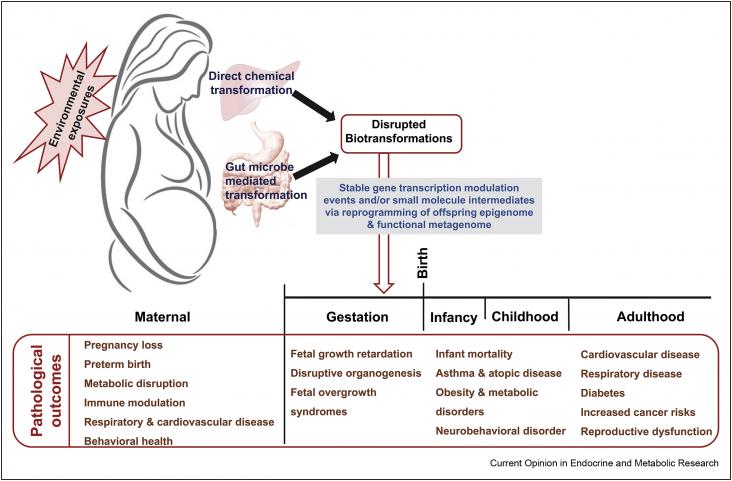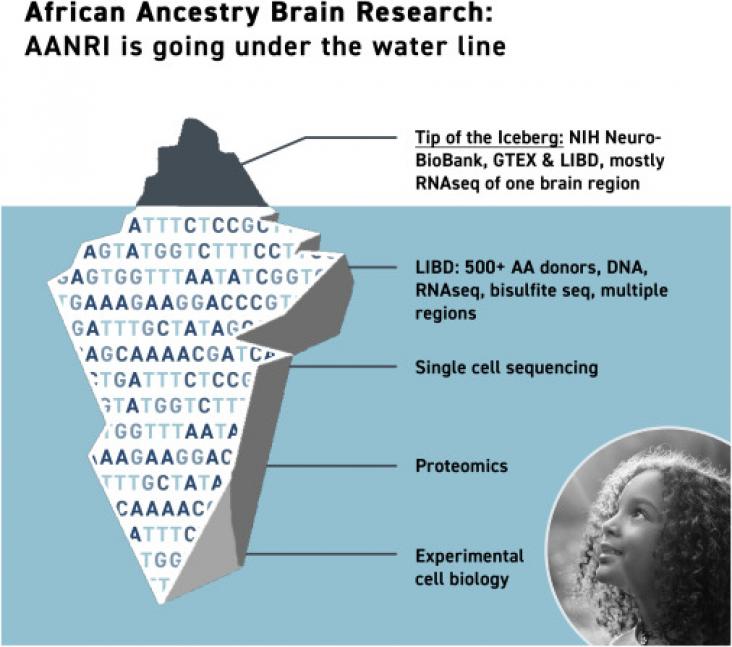Background: Microglia, the brain's principal immune cell, are increasingly implicated in Alzheimer's disease (AD), but the molecular interfaces through which these cells contribute to amyloid beta (Aβ
This study investigated the drying behaviour of purple-speckled Cocoyam and the effect of drying temperature (40 °C, 60 °C and 75 °C), slice thickness (4 mm, 7 mm and 10 mm) and pre-treatments (blanch

Explore the intricate dynamics of fetal programming and its implications for SDGs.. Unearth the potential of early-life interventions with RELX.
Global burden and trends in premenopausal and postmenopausal breast cancer: a population-based study
Background: Breast cancer has distinct causes, prognoses, and outcomes and effects in patients at premenopausal and postmenopausal ages.
This study supports SDG 3 and 10 by showing increased mortality due to COVID-19 in Brazil’s mixed ethnicity and Black populations and regions with lower levels of socioeconomic development, highlighting the need to better protect these vulnerable groups from the adverse effects of the COVID-19 pandemic.
This study supports SDGs 3 and 6 by suggesting that current methods of cholera control are insufficient at achieving zero transmission of Vibrio cholerae in Haiti, and that large-scale cholera vaccination campaigns are needed alongside improvements in water and sanitation for long-term cholera elimination.
Elsevier,
Genetics, Neurology, Behavior, and Diet in Dementia, The Neuroscience of Dementia, Volume 2, 2020, Pages 633-645
This chapter addresses goal 3 by examining the stigma that exists around dementia and how this has contributed to patient mistreatment, caregiver burnout, and inadequate research funding.
Efforts to provide a normed standard for what constitutes intimate partner violence, child abuse, and neglect have clashed with attempts to recognize the impact of cultural variability on the experiences of family maltreatment. Contributing to SDGs 3 and 5, this chapter takes on this challenging intersection by answering vital questions about the operationalization of intimate partner violence and child maltreatment, including how to integrate the need for universal standards with considerations of cultural context.

Each year the RELX Environmental Challenge is awarded to projects that best demonstrate how they can provide sustainable access to safe water or sanitation. In the past decade, the company has awarded $750,000 to projects and solutions that improve the world’s water quality and sanitation. This article, using innovative parallax storytelling technology, looks at the tangible impact of the RELX Environmental Challenge.

